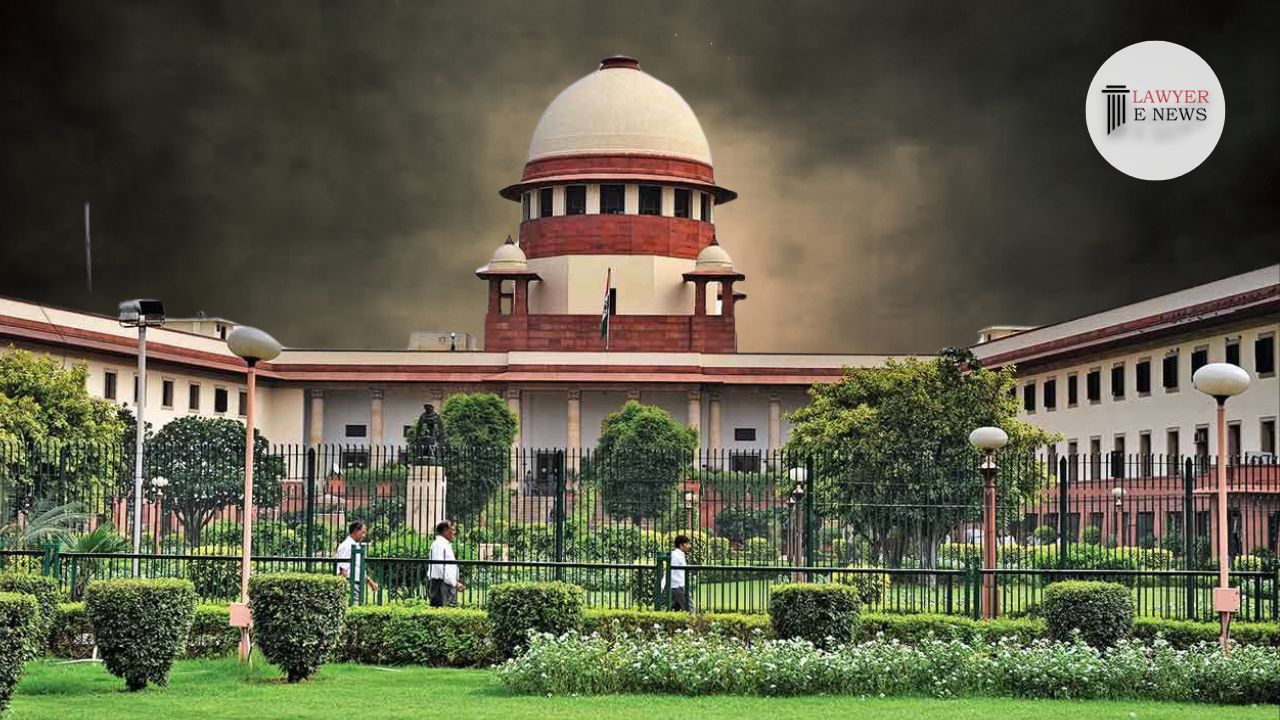-
by Admin
16 February 2026 1:47 PM



The Supreme Court, in its judgment on the case of Anun Dhawan & Ors. vs Union of India & Ors., underscored the limited scope of judicial intervention in policy matters, particularly in the context of implementing Community Kitchens to address issues of hunger and malnutrition.
Brief on Legal Point: The petitioners invoked Article 21 of the Constitution, asserting the right to live with human dignity, which includes access to food, and sought a directive for the establishment of Community Kitchens. The Court delved into the provisions of the National Food Security Act, 2013, highlighting its rights-based approach to ensuring food security, particularly for vulnerable groups.
Facts and Issues: The petition called for more direct governmental action in food security through Community Kitchens. Responses from states and Union Territories showcased existing schemes like Poshan Abhiyan and Mid-Day Meal, aimed at tackling hunger and malnutrition.
Court Assessment: In the judgment delivered by Justice Bela M. Trivedi, the Court observed, "The Constitution of India does not explicitly provide for Right to food, the fundamental Right to life enshrined in Article 21 of the Constitution does include Right to live with human dignity and right to food and other basic necessities." While recognizing the existing legal framework under the NFSA and various state-led initiatives, the Court stated, "The Courts do not and cannot examine the correctness, suitability or appropriateness of a policy... Legality of the policy, and not the wisdom or soundness of the policy, would be the subject of judicial review."
Decision: The Supreme Court disposed of the writ petition, affirming the legal framework under the NFSA and respecting state autonomy in selecting suitable welfare measures for food security. It refrained from mandating the implementation of Community Kitchens, leaving the decision to the discretion of States and Union Territories.
Date of Decision: February 22, 2024
Anun Dhawan & Ors. vs Union of India & Ors.
